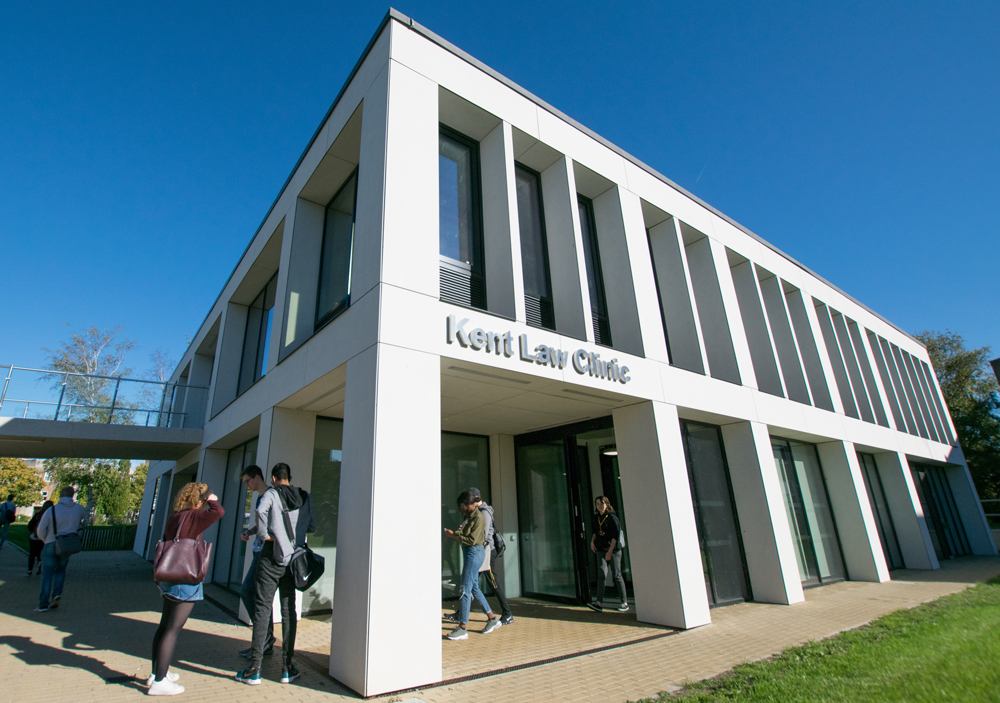This week’s Clinic meeting was largely dedicated to the democratic process of electing eight law students to Kent Law Clinic’s Student Committee.
Law students elect a new committee each year to represent the interests of all student members of the Law Clinic. The Student Committee meets regularly throughout the year, liaising closely with Clinic staff and reporting back to students directly at the weekly Clinic meetings (held each Tuesday at 2pm).
Clinic Director Graham Tegg was delighted at the response to this year’s call for nominations to the Committee and was particularly impressed to see more first year law students than ever before putting themselves up for election. After hearing each candidate make a short statement, students attending the meeting cast their vote. The results were as follows:
- Chair: Emily Ham (Stage 3 Law LLB student)
- Vice Chair: Terrie Boinnet (Stage 2 Law LLB student)
- Committee members: Sophie Griffin (Stage 3 Law LLB student); Roxana Cioara (Stage 3 European Legal Studies student); Yara El-Ghor (Stage 1 Law LLB student); Alisha Dhume (Stage 2 Law LLB student); Rikke Sletten (Stage 2 International Legal Studies student); and Basel Bdair (Stage 1 Law LLB student)
Graham said: ‘The contributions made by all the nominees were fantastic – there will be plenty of things for all these students to do.’
Briefly, in other business:
- Over the course of the last week, there have been 45 new enquiries within the field of family law, immigration and asylum law, and employment law
- One particularly long court case that took place last week, involving EU law and the right to reside, may now go to a higher court
- Kent postgraduate legal research scholar Naomi Woods spoke to students about her initiative to bring Karaoke Court to Kent – Karaoke Court is an alternative arbitration process and live performance work in which participants select, prepare and perform songs as a way of resolving their disputes. The Karaoke Court judge invites a ‘jury’ comprised of audience members to decide who should win each case. The participants sign an arbitration contract which makes the jury’s decision legally binding. Student members interested in helping Naomi make it happen were encouraged to let her know

